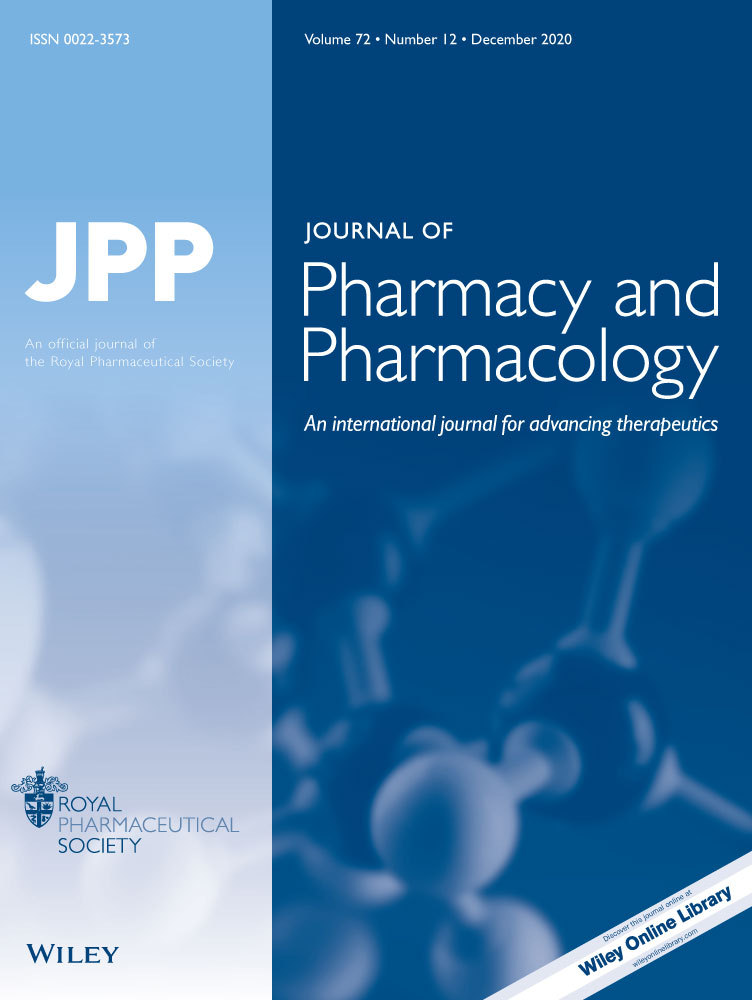α2-Adrenoceptor Changes During Cerebral Ageing. The Effect of Ginkgo biloba Extract
Abstract
Abstract— [3H]Rauwolscine binding to α2-adrenoceptors in cerebral cortex and hippocampus membranes of young (4 months) and aged (24 months) Wistar rats has been investigated. In aged rats, Bmax values of [3H]rauwolscine binding were significantly reduced (25–32%) in the cerebral cortex and hippocampus, as compared with the number of α2-adrenoceptors found in young rats. Chronic treatment with Ginkgo biloba extract did not alter [3H]rauwolscine binding in the hippocampus of young rats, but significantly increased (28%) the [3H]rauwolscine binding density in aged rats. These data confirm the previously described age-related noradrenergic alteration and suggest that noradrenergic activity in aged rats is more susceptible to Ginkgo biloba extract treatment.




